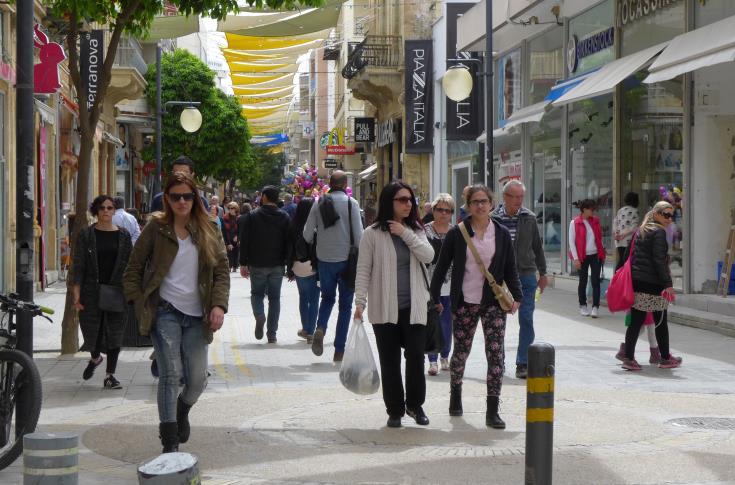There is a Catch-22 when seeking high-paid jobs, especially in Limassol, where exorbitant rents are a turn-off.
This results in people having second thoughts when considering a career move to the fast-paced cosmopolitan town, especially those seeking a job in the non-forex sectors.
Market forces determine the disparities in the jobs sector, and there is nothing anyone can do about it.
However, in the absence of rent controls, the state has no policy whatsoever regarding lower-income households.
To appease the public backlash when the ‘golden passports’ saga got out of hand, the administration introduced a half-measure, whereby a fraction of the investment would go towards low-cost housing.
This clearly displayed the government’s weakness in determining the social impact from the frantic urge to sell luxury homes and apartments at exactly €2.5 mln per unit (corresponding to one golden passport).
As generous as it may sound at first, this part of the citizenship-for-investment programme was a total flop.
Constructors were not keen to allocate part of their new developments to low-cost housing, with the measure interpreted as ‘cheap’ housing, meaning a studio or tent-sized one-bedroom being sold at low cost.
Who would be the beneficiary, and who would determine this measure?
And how to ensure low-cost housing (a.k.a. affordable housing) would not be rented out at exorbitant rates due to high demand from students or young professionals?
A teacher, say, seeking a career move to Limassol would think twice about accepting a job, either in state or private schools.
The same applies to entry-level professors in local colleges and universities. All of this explains why there is an uneven shortage for certain positions.
The same situation could evolve in Paphos, where the Technical University of Cyprus (TEPAK) plans to operate a tourism school by September 2023, while the American University of Beirut invests in a campus in the heart of town.
This has landlords delighted that they can now hike their rents, and they will get away with it, justified by the laws of supply and demand.
However, the Mayor of Paphos should think about keeping a fair balance between encouraging investment into his town while not discouraging students and academics dissuaded by greedy landlords.
To his credit, the mayor has done a tremendous job to rejuvenate the commercial centre of the town and continues to clean up the mess tolerated by his predecessors over the decades.
Contributing to the demise of downtown Paphos is the inability of state service to deal with core issues, such as abuse of Turkish Cypriot-owned properties by non-beneficiaries, lack of evictions and government officials turning a blind eye.
The government claims we are on a growth path of strong recovery, not giving the full picture; this is based on the pandemic’s traumatic impact on the economy and society in general.
While encouraging across the board investments as a way of helping the economy get back on track, we must not lose sight of the needs of the middle to lower working classes, many of whom are struggling on a single household salary and see no real benefits from the trillions supposedly pouring into state coffers.










